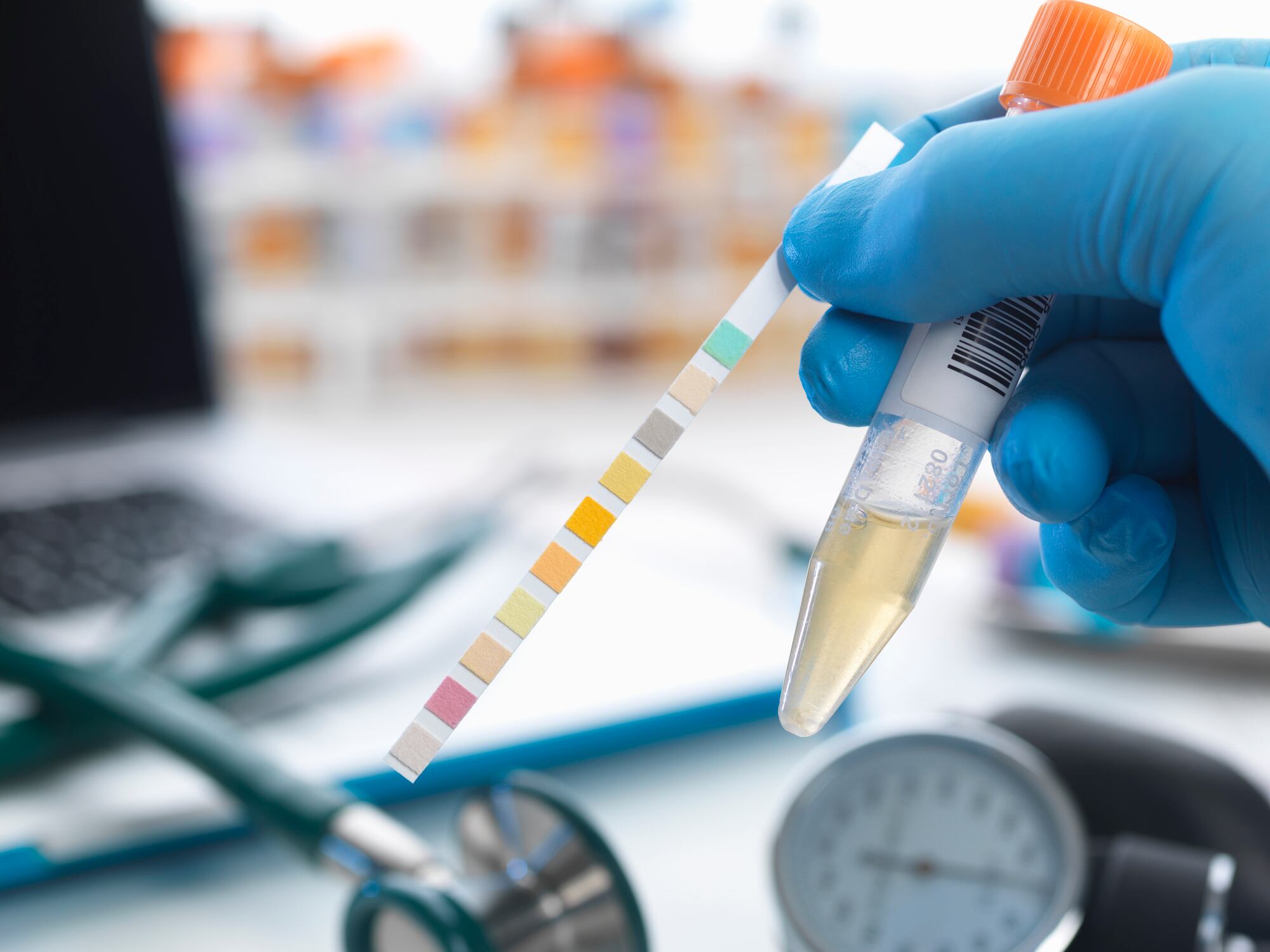Measuring and evaluating pDC activity typically requires invasive blood sampling and uses specialized equipment, making the process costly and time-consuming.
Based on a new research that tapped on urine tests, Kirin said that there was potential for developing a non-invasive method to measure pDC activity and consequently a person’s immune status.
The research
A new research by Kirin found that individuals with high pDC activity have significantly higher levels of immune-related proteins, including immunoglobulin A, in their urine samples.
Immunoglobulin A (IgA) is also a primary antibody found in blood and mucous membranes and protects the body from viruses and bacteria.
Aside from IgA, Kirin has identified a total of 115 proteins that are indicative of pDC activity.
The findings came from a research involving 223 Japanese between 51 and 55 years old.
Through blood tests, the researchers identified 40 individuals with above median and below median pDC activity.
They then measured the amount of more than 7,000 urinary proteins from the 40 individuals’ urine samples.
It was found that people with high and low pDC activity showed differences in 115 types of urinary proteins.
Specifically, individuals with high pDC activity had significantly higher levels of IgA as compared to those with low pDC activity.
“The findings of this study suggest the potential for developing a non-invasive method to evaluate immune activity via pDC activity.
“We will conduct further investigations to develop a simple service for visualizing immune status,” said Kirin.
The research findings were presented at the 21st Annual Meeting of the Japanese Association for Food Immunology (JAFI) that ran from October 2 to 3.
pDC and immune health
A ‘commander-in-chief’ of the immune system, pDCs activate immune cells such as NK cells, T cells, and B cells.
Based on this understanding, Kirin has been researching factors affecting pDC activity or are indicative of pDC activity.
One of its recent findings is the link between pDC activity and frailty.
As compared to healthy elderly, frail elderly were found to have a lower percentage of pDCs that produce interferon-alpha (IFN-α) — a protein that regulates the immune response to viral infections, the company said in an earlier interview.
Supplementation for pDC
Based on its understanding on pDC activities, Kirin has developed a series of health supplements and functional foods and beverages containing LC-plasma - a Lactococcus lactis strain Plasma postbiotic.
LC-plasma supports the immune system by activating pDC.
In 2020, LC-plasma also became the first functional food ingredient recognized by Japan’s Consumer Affairs Agency (CAA) for making immune health claims.
Research on pDC has also garnered attention from other Japanese companies like Morinaga Milk, which reported that lactoferrin supplementation could support the immune system by maintaining pDC activity.





